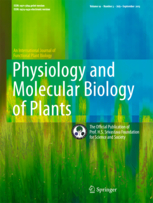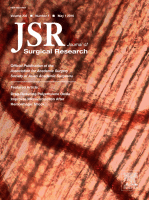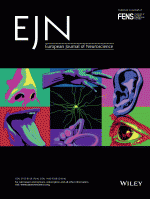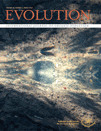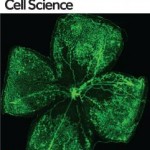 A pair of stem cell researchers have earned two corrections, the result of images that were mislabeled, distorted, or compiled incorrectly, according to the notices.
A pair of stem cell researchers have earned two corrections, the result of images that were mislabeled, distorted, or compiled incorrectly, according to the notices.
Kang Cheng prepared the gels when he was a research fellow in last author Sanjeev Gupta‘s lab at the Albert Einstein College of Medicine. Gupta told us he reviewed the original gels, and the errors didn’t affect the conclusions in the papers, which were reproducible. He noted he believes the problems are the result of honest mistakes:
The errors did not confer any benefits whatsoever either for the papers or for Dr. Cheng.
On PubPeer, commenters have raised questions about the now corrected papers — along with several others on which Gupta is the senior author, but Cheng is not a co-author.
Edward Burns, research integrity officer at Einstein, told us that the medical school looked into an allegation of misconduct against Gupta:
Continue reading Stem cell researchers fix two papers following PubPeer comments

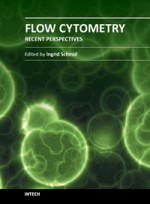 A publisher has retracted a chapter from a book on flow cytometry after determining the authors plagiarized some material — but noted that because the authors cited the article they lifted from, they likely acted “in good faith.”
A publisher has retracted a chapter from a book on flow cytometry after determining the authors plagiarized some material — but noted that because the authors cited the article they lifted from, they likely acted “in good faith.”